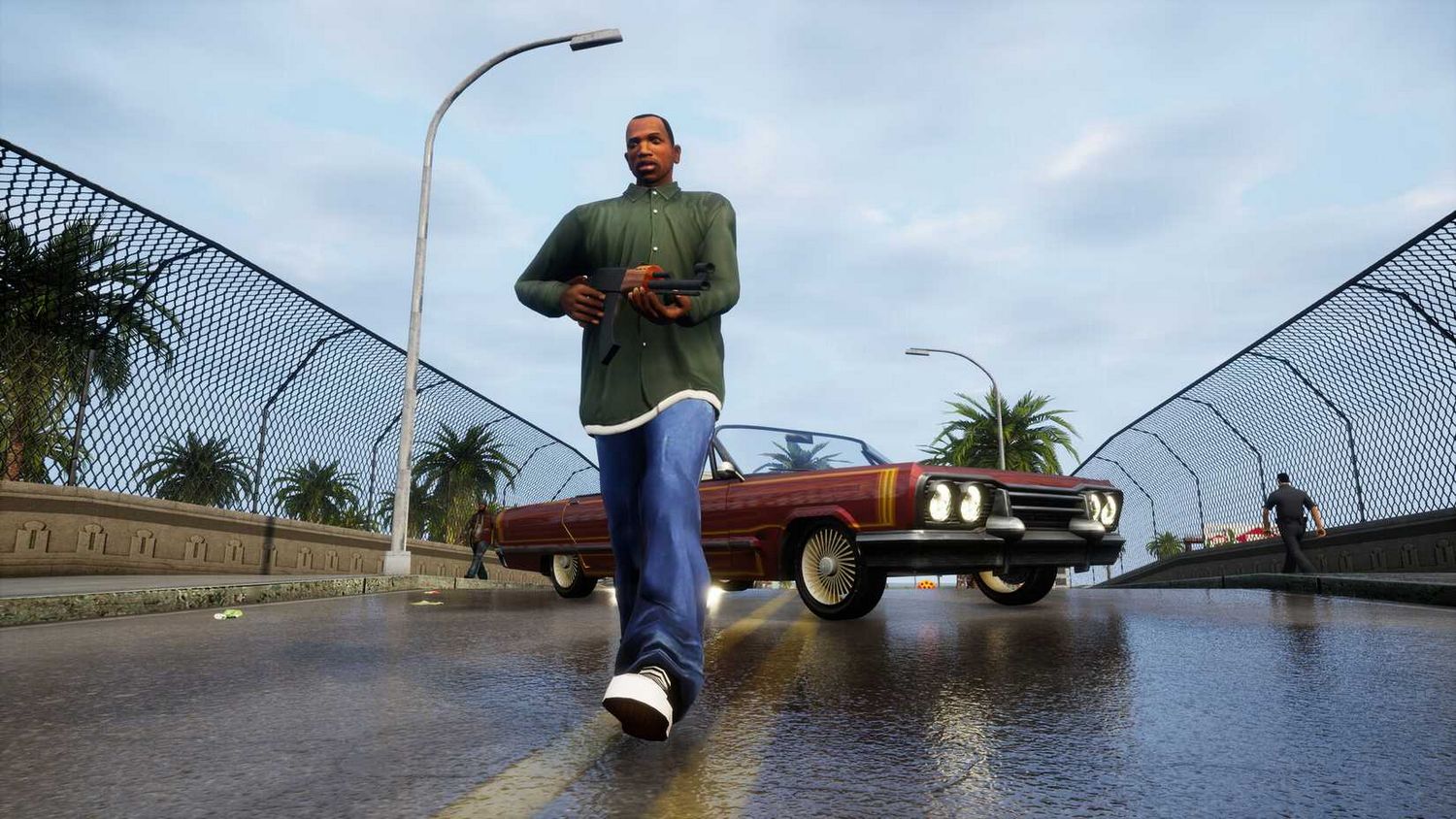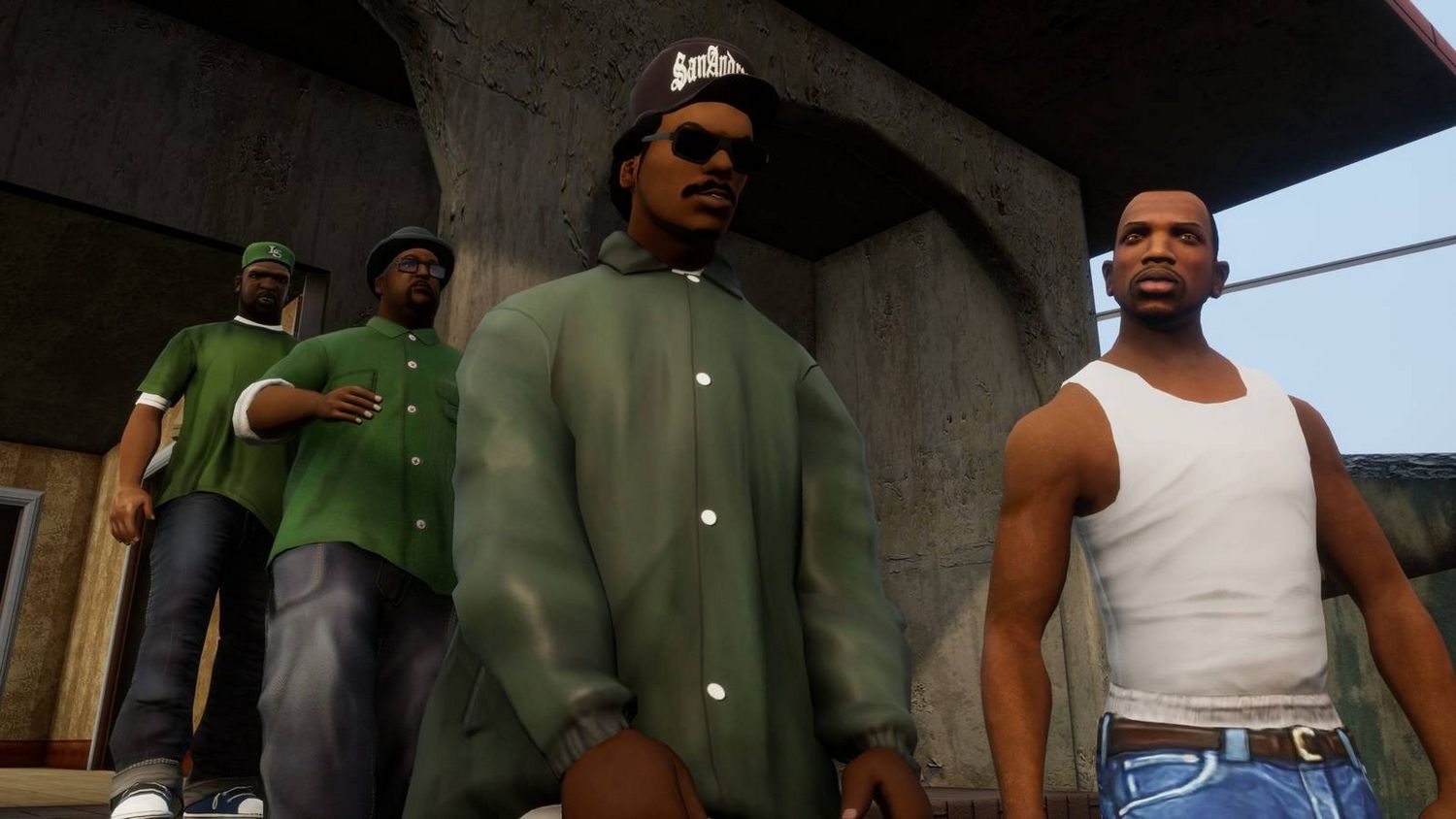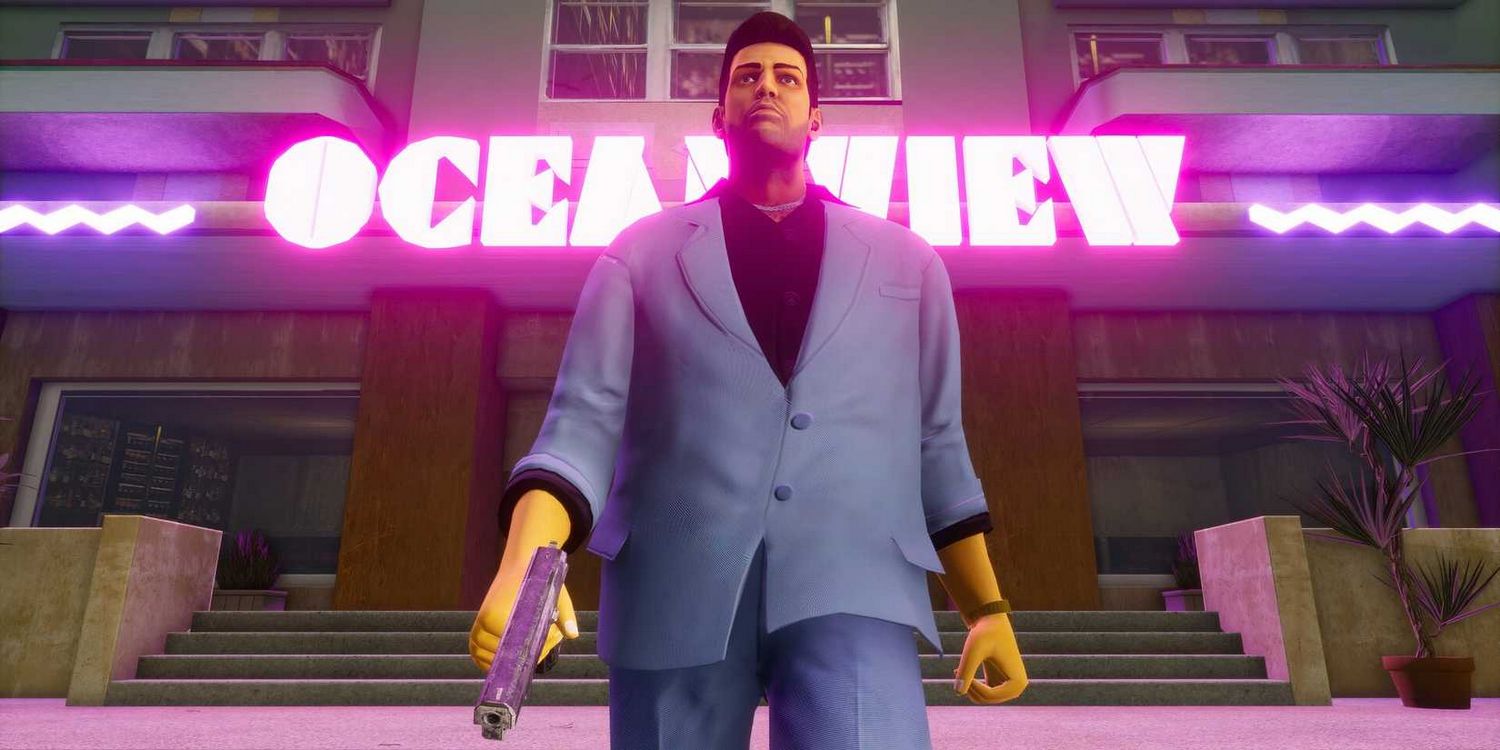University of Tennessee Launches Groundbreaking Grand Theft Auto History Class
Popular Now
 Garena Free Fire: Kalahari
Garena Free Fire: Kalahari
 Poppy Playtime
Poppy Playtime
 Auto X Drift Racing 3
Auto X Drift Racing 3
 God of War Ragnarök
God of War Ragnarök
 Candy Crush Saga
Candy Crush Saga
 Toca Boca World
Toca Boca World
 Fall Guys
Fall Guys
 Black Myth: Wukong
Black Myth: Wukong
 Roblox
Roblox
 BeamNG.drive
BeamNG.drive 
In a move that solidifies the growing legitimacy of video games as a medium for academic study, the University of Tennessee, Knoxville, has announced a new college-level history course centered entirely on the Grand Theft Auto series. The class, titled “Grand Theft America: U.S. History Since 1980 through the GTA Video Games,” is set to begin in January 2026. This groundbreaking course will use Rockstar Games’ satirical open-world franchise as a lens to explore real American history, culture, and politics, from the Reagan-era economic boom to the post-9/11 security state.
The course will be taught by Professor Tore Olsson, a history professor who is no stranger to integrating video games into his curriculum. He previously gained attention for a similar class that used the Red Dead Redemption series to teach American history from 1899 to 1911. Olsson has clarified that the class is “much more about American history than the games themselves,” with the franchise serving as a framework for the discussion of real-world events. Students will not be required to own or play the games themselves, as the professor will use curated clips, screenshots, and academic texts to guide the class. This approach ensures that the course is accessible to all students, regardless of their gaming background or financial situation.
Dissecting the Syllabus: What Students Will Actually Study
The syllabus for “Grand Theft America” is a fascinating blend of gaming culture and serious academic inquiry. It will take a deep dive into the various fictional cities of the GTA franchise—Liberty City, Vice City, and Los Santos—and use their satirical depictions of modern life as a jumping-off point for historical analysis. Here are some of the key themes and topics students can expect to explore:
- 1980s America (Vice City): The course will examine the era of deregulation, the rise of consumer culture, and the “Miami Vice” aesthetic that defined the decade. Students will analyze how the game’s depiction of excess and organized crime reflects the realities of the time.
- 1990s America (San Andreas): A central focus will be on Grand Theft Auto: San Andreas. The game’s narrative, which climaxes with the acquittal of corrupt police officers and a city-wide riot, will be used to explore the social and political origins of the 1992 Los Angeles riots and the widespread civil unrest of the era.
- Post-9/11 America (GTA III & GTA IV): The class will look at how the GTA series has evolved to reflect a more paranoid, security-conscious society. The games’ portrayals of government surveillance, media sensationalism, and a more militarized police force will be used to discuss the real-world changes that followed the September 11 attacks.
- Contemporary America (GTA V): The course will analyze the themes of Wall Street greed, the housing crisis, and the vast social inequality that permeate the world of Grand Theft Auto V. This will provide a critical look at the economic and social transformations that have shaped the United States over the past 15 years.
 The Cultural Significance of a GTA College Course
The Cultural Significance of a GTA College Course
This class is a major milestone for the gaming industry. It marks a clear shift in how video games are perceived in academic circles, moving them from a form of entertainment to a legitimate cultural artifact worthy of scholarly attention. Professor Olsson has stated that just as a class on the history of rock and roll was once considered radical, a course on a video game is now a natural progression. The immense popularity and cultural influence of the Grand Theft Auto series make it a perfect subject for this kind of examination. Its use of satire, parody, and a living, breathing open world allows it to serve as a mirror to society, reflecting and commenting on the very real issues that have shaped a nation.
While the class was originally planned to incorporate the highly anticipated Grand Theft Auto VI, the game’s official release date in May 2026 meant it could not be included in the initial curriculum. However, Professor Olsson has expressed his intention to update the course in the future to include the new game once it is released, ensuring that the class remains relevant and timely. This is a testament to the professor’s commitment to the subject and the growing academic interest in using video games as a powerful educational tool. As the lines between entertainment and education continue to blur, this class stands as a testament to the rich and complex narratives that video games can offer.






 The Cultural Significance of a GTA College Course
The Cultural Significance of a GTA College Course